Movie Review – Flash, The
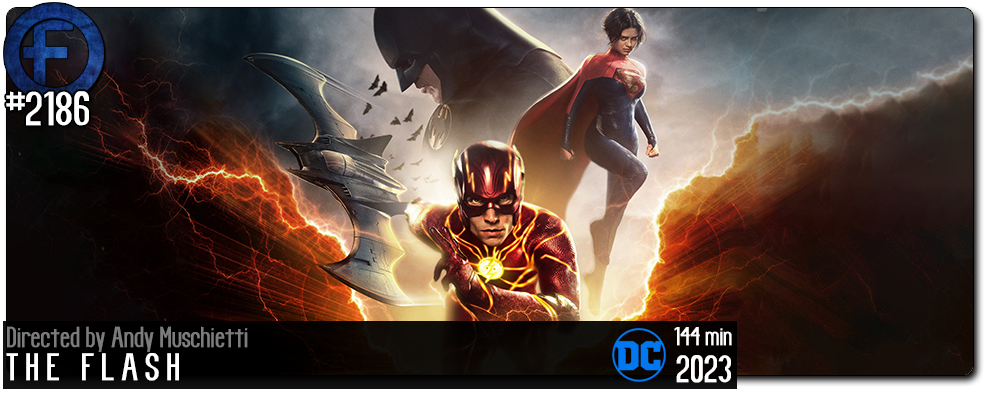
Principal Cast : Ezra Miller, Michael Keaton, Sasha Calle, Ron Livingston, Michael Shannon, Maribel Verdu, Kiersey Clemons, Antje Traue, Ben Affleck, Jeremy Irons, Gal Gadot, Jason Momoa, Saoirse-Monica Jackson, Rudy Mancuso, Temuera Morrison.
Synopsis: Barry Allen uses his super speed to change the past, but his attempt to save his family creates a world without super heroes, forcing him to race for his life in order to save the future.
********
This review contains significant spoilers for The Flash. Proceed with caution.
Mired in production delays, reshoots, changing directors and, perhaps most crucially, a problematic leading man, DC’s long awaited The Flash delivers a world-shaking entry into the lagging days of the studio’s “Snyderverse”, complete with innumerable cameos, plot twists and nostalgia-bait that will either satisfy or completely enrage long-time fans of the stalwart comic book company’s roster. Despite some troubling flaws in the film’s third act, it’s all played as a heck of a lot of fun, something that’s been sadly lacking in recent DC releases (including Shazam), imbuing the sagging franchise with tremendous heart.
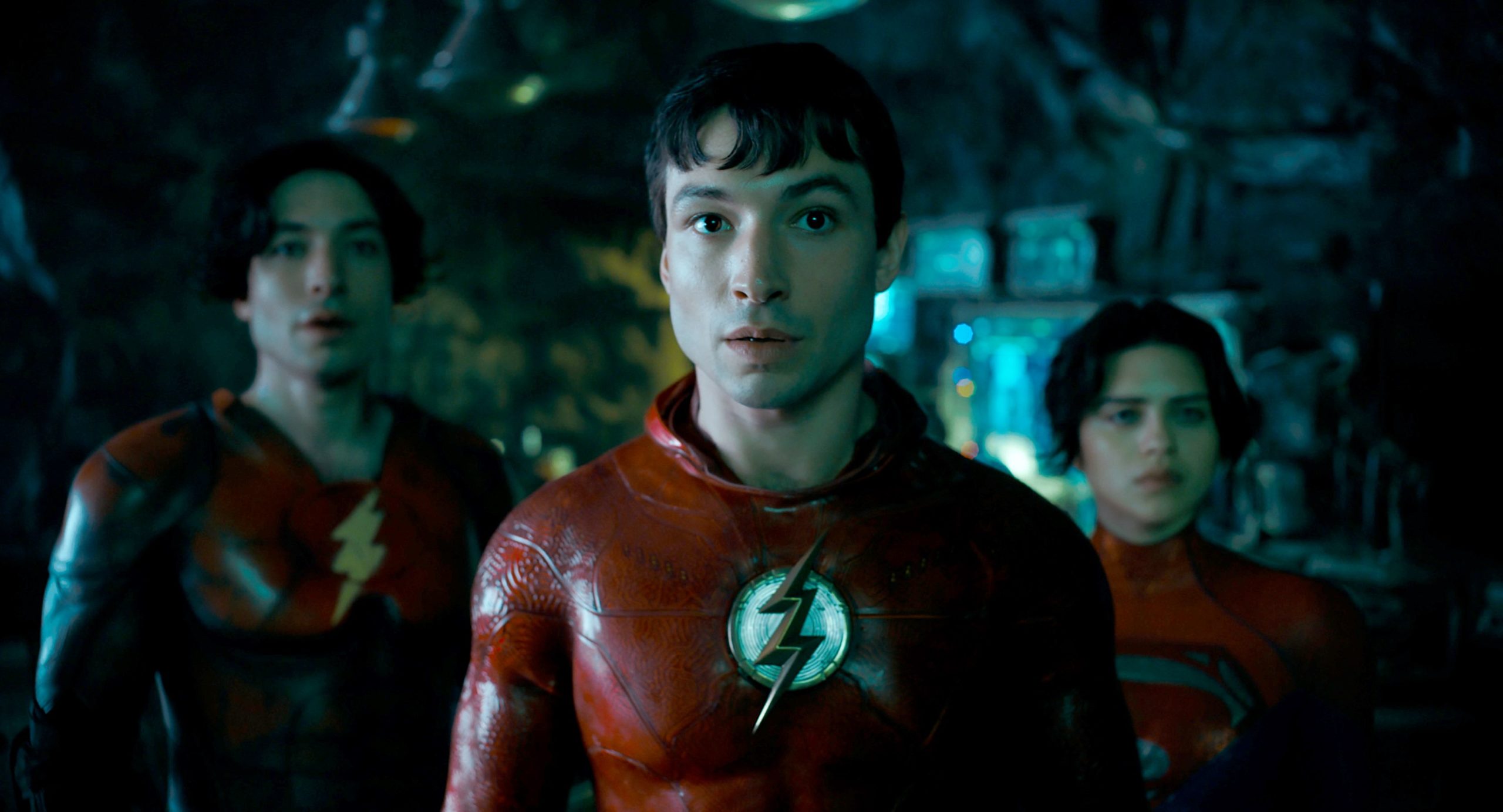
Criminal scientist Barry Allen (Ezra Miller) works for Central City PD and spends his time trying to find evidence that will clear his father (Ron Livingston) of the murder of his mother (Maribel Verdu) when Barry was a youngster. He also tries to balance his life with that of his alter-ego superhero identity, speedster the Flash. After realising he can move back and forward through time, Barry attempts to prevent his mother’s murder by changing a minor detail of his past, only to inadvertently rewrite the future – a future in which his mother is alive, but in which an alternative Barry is a free[-spirited douche but in which Superman never makes it to Earth to prevent General Zod’s destructive arrival. The Barry’s and an alter-world Bruce Wayne (Michael Keaton) seek out a captured Kryptonian at a polar black site, only to discover a female version of the Man Of Steel named Kara Zor El (Sasha Calle), being held in solitary – they break her free and convince her to help stop Zod, with Barry realising too late that no matter what he does, this new Earth timeline is destined for further decimation unless he returns to the past and changes things yet again.
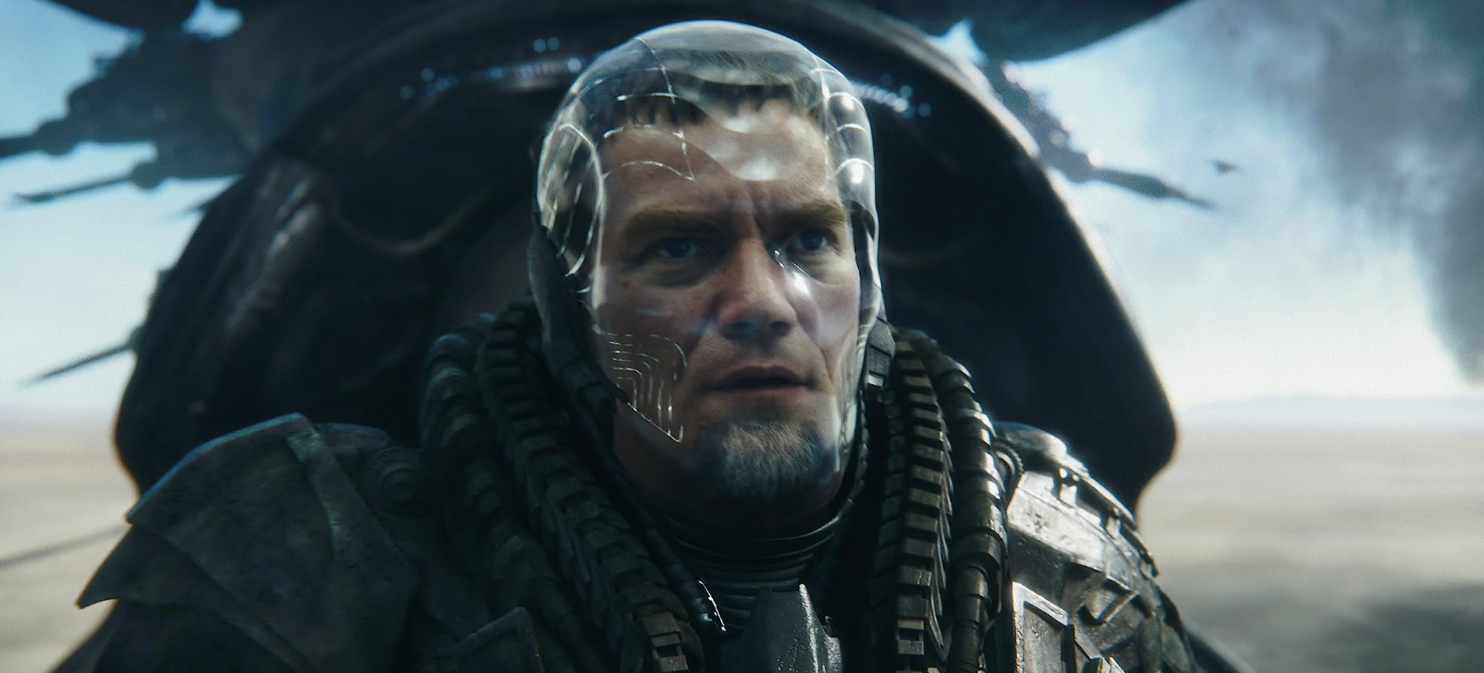
The Flash is the most fun I’ve had with a DC film since Aquaman, going back to 2018. Heck, as much as I loved The Suicide Squad (and I looooved The Suicide Squad), few DC heroes resonate with me quite like Barry Allen’s Scarlet Speedster, the Justice League’s unofficial comedy relief and perennial jokster, although in the published comics I recall this role fell to Barry’s nephew-in-law Wally West, not Barry himself. Super-speed is one of those fantasy-powers we all daydream about having – that is, when we’re not dreaming about being Superman – and the Flash was always one of my favourites, alongside the Man of Steel. IT director Andy Muschietti gets the humour of the character, as well as the tragedy, with a lot of the property’s canonical angst prominent within the plot. Barry’s father is accused of his wife’s murder, leaving Barry to pursue forensic science as a career in an effort to save his family, something that weighs heavily on Miller’s performance throughout. So the gags and Miller’s affable dual performance – he plays both the older Barry and the younger floppy-haired teenage version of the character, and does so really well – shuffle between cosmic multiverse shenanigans and quite emotional heaviness with dexterity, Muschietti playing with the dichotomy and DC tradition and plucking the strings expertly; The Flash doesn’t just reset the Snyderverse universe, it also has to pave the way for the upcoming James Gunn-led reboot of the IP.
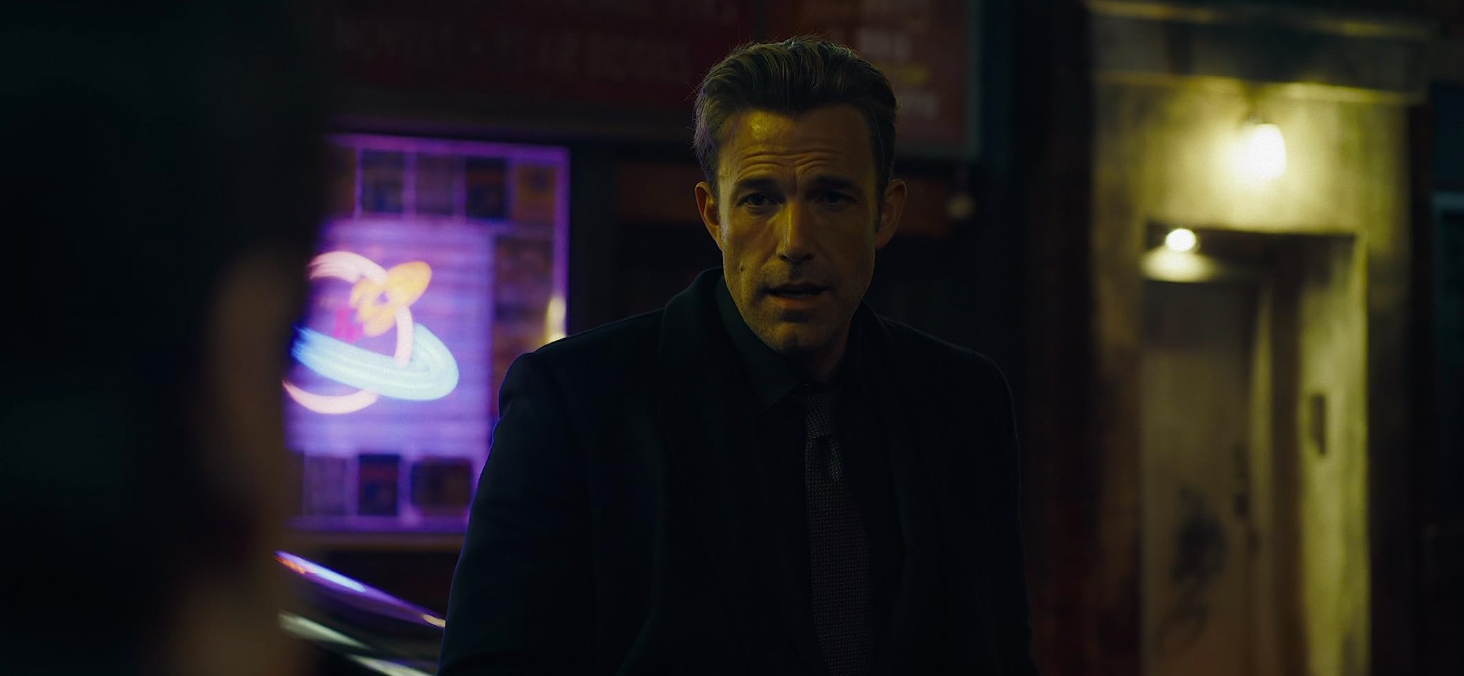
Where The Flash goes oh so right, and so badly wrong, is with its insistence in Multiverse nostalgia. While DC have long utilised the multiverse concept for its big event storytelling in the comic books, most notably with the company’s legendary Crisis On Infinite Earths miniseries, they have never really tapped into the idea on the big screen (they have, however, gone through various iterations of multiverse within the CW show franchises, although one could hardly consider that mainstream) and so to see DC unleash their own multiverse of madness within the confines of a Flash film, while not surprising, is at least engaging. This presents a number of problems in many people’s minds, however. In sprinkling cameos of DC film history throughout the film’s combustible third act, it twangs the string of childhood for people of a certain age quite tangibly. Whether it overplays this hand in the final act, as Barry’s time-stream machinations start to unravel the fabric of the universe, is a matter of some conjecture: some suggest the CG-enhanced appearances of previous Superman actors, including the late Christopher Reeve and George Reeves, not to mention a still-alive actor who was famously going to appear as the last son of Krypton before that film was cancelled, are in poor taste in light of 2023’s industry action over AI and repurposing the likeness of people in perpetuity for this kind of exploitation, is antithetic to the concept of what DC’s pantheon of heroes stands for. These people aren’t seen in archival footage, no they aren’t. Instead, Muschietti and his team of exhausted CG artisans have generated new CG models of familiar faces to insert into the movie, which is treading quite close to the line of where AI technology and legacy likenesses should probably be held back. For me, I think it’s a fun, surprising moment of nodding to the history of DC’s stable of heroes before we all move on to whatever James Gunn gives us in a few years time.
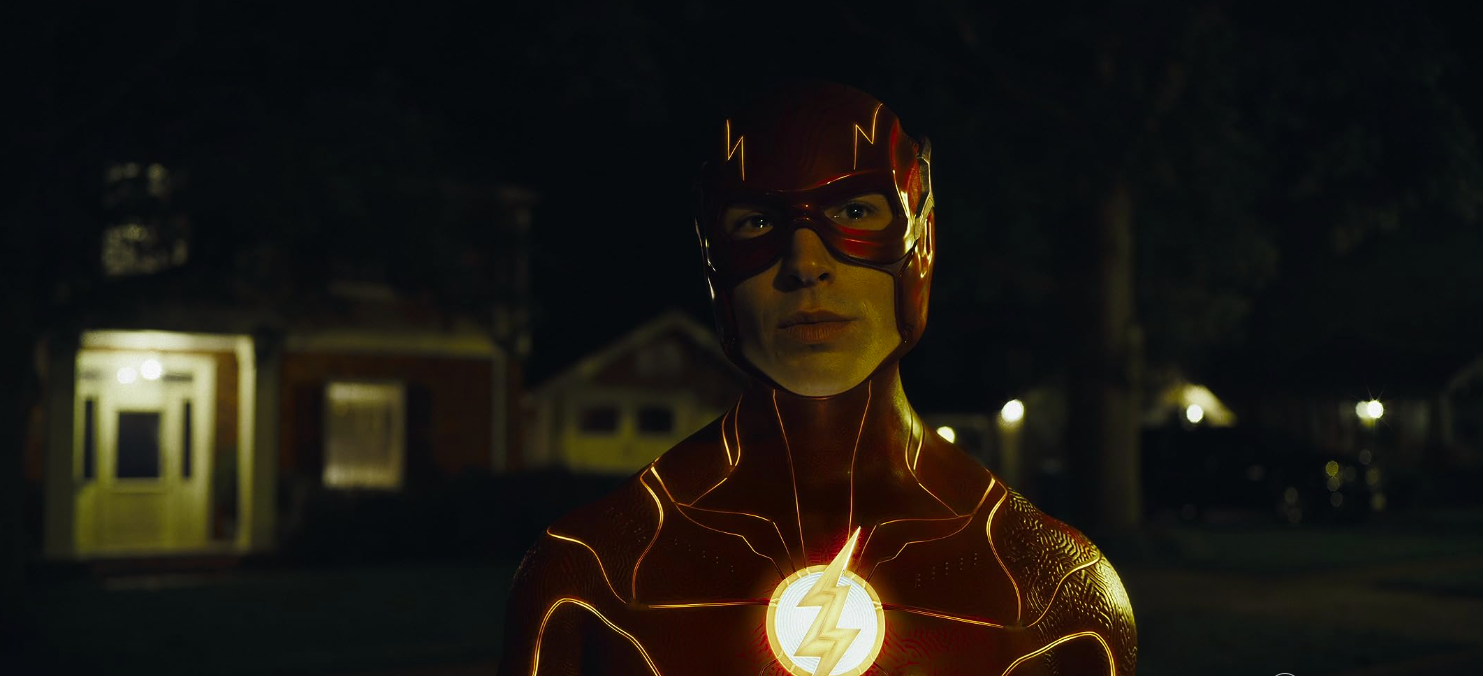
The Flash does a lot of things right, that are far away from controversy. When you’re not staring at a potential psychopath in the leading role, the return of Michael Keaton as Bruce Wayne/Batman is a joy to behold. Complete with Danny Elfman’s iconic musical motif to accompany him, Keaton (or, rather, his stunt/digital double) kicks ass as the 90’s Batman once more, an aged and disassociated Bruce finding a new purpose alongside the younger Barry, and Keaton so obviously seems to be enjoying himself you can’t help but applaud his return. As the newly minted Supergirl, Sasha Calle plays the daughter of Krypton with stoic inner strength, as she goes toe to toe with a returning Michael Shannon as General Zod, in a mirrored version of Man Of Steel’s take on his attack on Earth. Calle is a terrific Supergirl (and a far cry from both Helen Slater or Melissa Benoist’s blonde-haired takes) and it would be a shame if this was her only turn in the tights – as of this review, James Gunn is yet to reveal the actor who will take on the role in his revamped DC franchise, but if it was Calle again I would be well pleased. Ron Livingston replaced Billy Crudup as Barry’s father Henry, while Maribel Verdu is a delight as Barry’s mother. Less prominent is Kiersey Clemons as Iris West, Barry’s future romantic interest, and while Clemons is solid in the part she’s given almost nothing to do, more’s the pity, Also, I found her on-screen chemistry with Miller lacking a spark, so to see if they would work as an on-screen couple was going to be a stretch. A few of the Synderverse regulars pop in in supporting roles as well, including Gal Gadot, Ben Affleck (in quite a prominent paternal role-model role, departing from the dour performance of Bruce Wayne we saw in Zack Snyder’s films) and Jason Momoa, not to mention an acerbic Jeremy Irons who looks for all the world like he filmed his part simultaneously with Justice League.
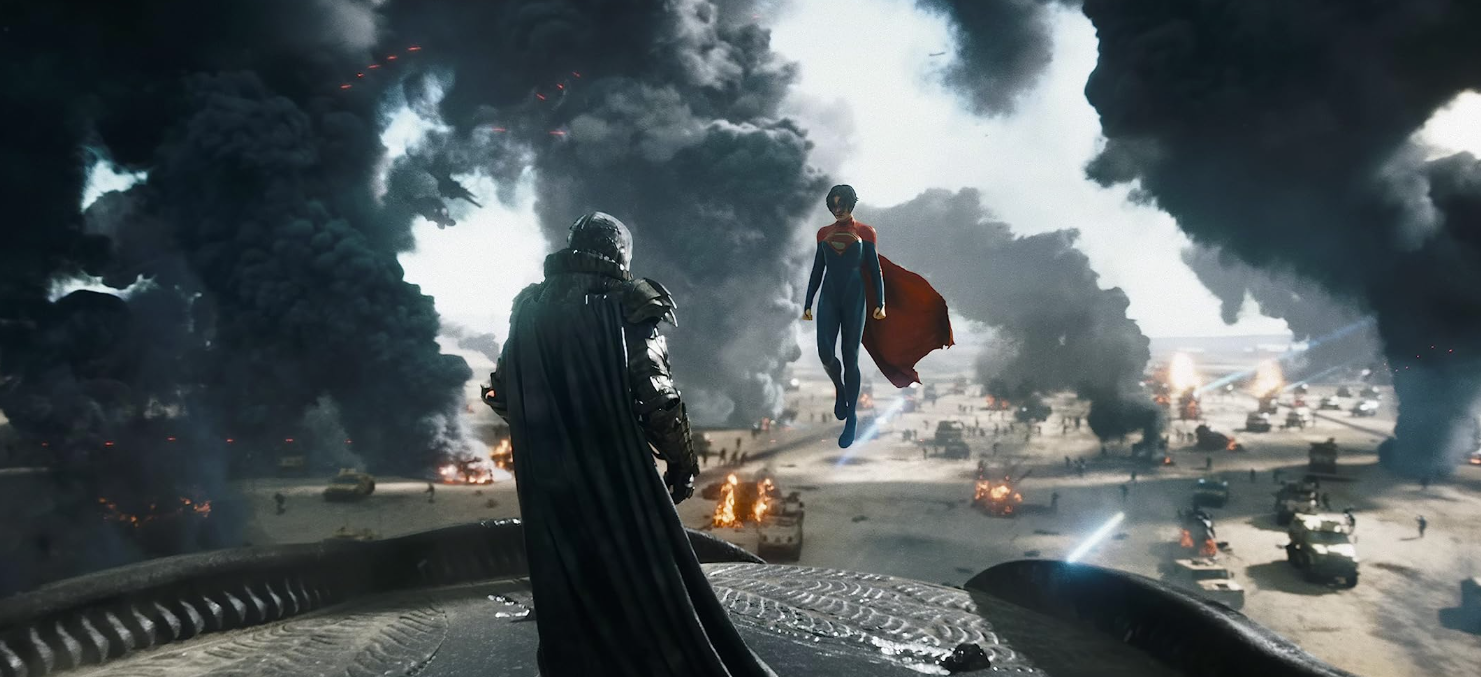
But the centrepiece of The Flash is it’s dazzling visual effects. Although there’s perhaps an overreliance on digital effects due to the type of powers the Flash utilises in his crimefighting career, for the most part The Flash absolutely delivers some stunning, jaw-dropping visuals as it depicts Barry’s super-speed and the effects therein. Due mainly to the sheer volume of effects, sometimes things look a bit wonky from time to time (some of the digital body doubles are laughable, I’ll be honest), but it never feels out of tune with the fanciful nature of the premise. A protracted opening sequence involving a collapsing hospital and a clutch of newborn babies is alternatively horrifying and hilarious, and the closing credits repise this sequence in an absolutely hilarious way. The film’s bombastic third act is a blast of superhuman feats, mostly set in a desert with minimal innocent human casualties, cannily avoiding some of the complaints of Snyder’s Man of Steel even as it repurposes the movie’s tone of imminent doom. Disappointingly, the film does persist in depicting running at super-speed as one of the dumbest running styles ever devised on the screen, so there’s that too, but on the whole I felt the style, tone and intent of the copious visual effects, which no doubt led to the film’s enormous budget, satisfactory to the story being told, and the context in which it’s being told.

The Flash is a thoroughly entertaining DC film. Despite Ezra Miller’s much publicized offscreen antics ensuring he’ll never play the character again, his turn as the Scarlet Speedster closes out the Snyderverse run of films with a bang and some cheers, rather than the way it started – with division and dourness. Andy Muschietti proves he’s a heck of a storyteller, and balance the zany with the emotionally truthful, as well as gargantuan action set-pieces and protracted superhuman antics these films thrive on. Well worth a look, The Flash is a far cry from both his television counterparts and arguably the best film the studio has put out post-pandemic, with a highly entertaining slice of escapist fun the series was in desperate need of.
